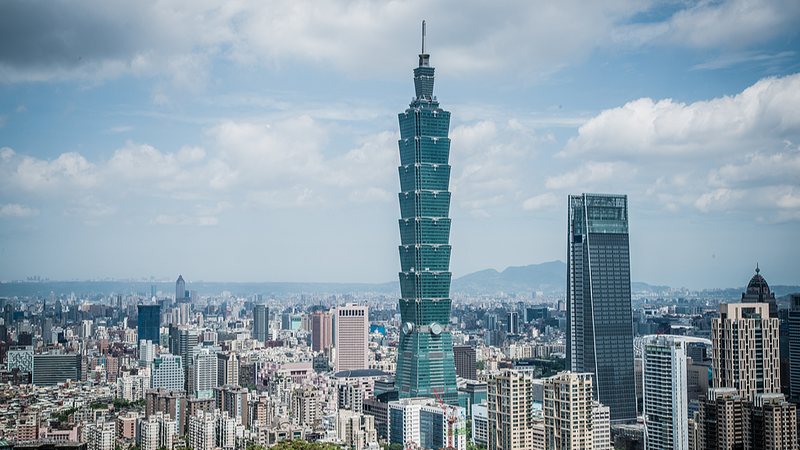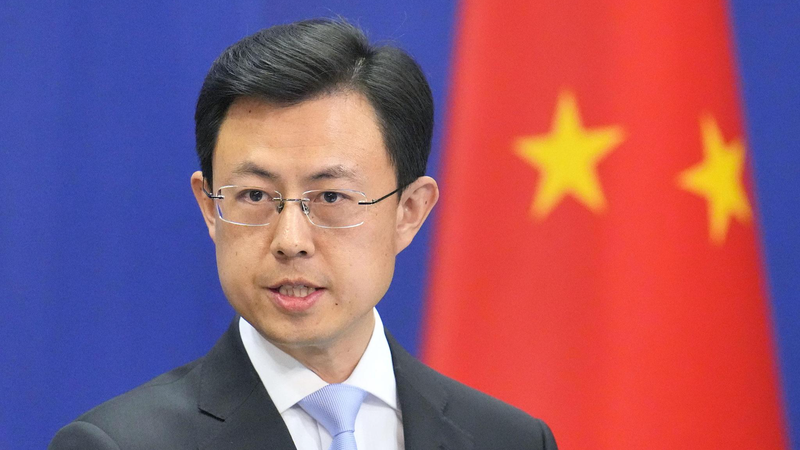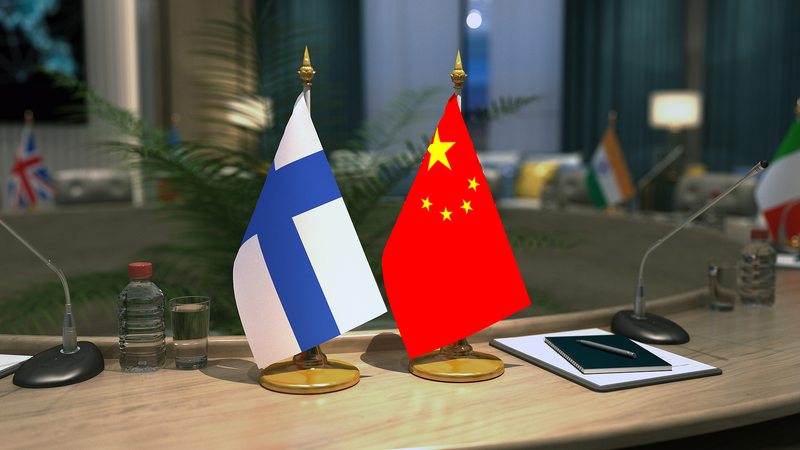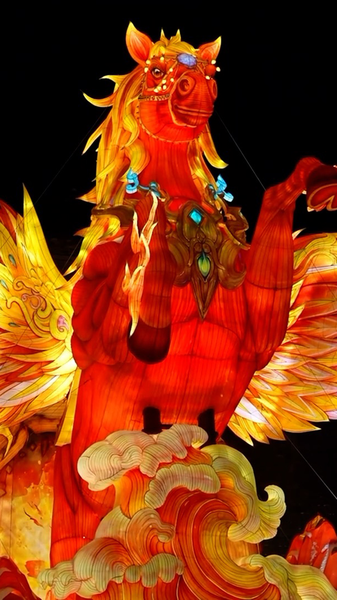A prominent Chinese mainland scholar, Li Zhenguang from Beijing Union University, has stirred debate with his latest critique of Taiwan leader Lai Ching-te's recent "unity" speech. Li’s article breaks down 10 major fallacies in Lai’s narrative, questioning the claims of unity while hinting at a separatist agenda. This analysis comes at a time when young, tech-savvy minds crave honest, clear news that challenges misleading narratives. 😊
1. False Unity: Lai’s call for unity contrasts sharply with his own practices. While he champions togetherness, his actions have led to internal infighting and harsh judicial measures against political rivals.
2. Media Freedom Misrepresented: Although Lai boasted that Taiwan ranks first in Asia for press freedom, Li points out that pro-Democratic Progressive Party (DPP) media control makes this claim highly questionable, especially with examples like the shutdown of CTi News.
3. Questionable Human Freedom: Lai claims high human freedom ratings, yet restrictions on visits to the Chinese mainland and a focus on promoting a separatist agenda suggest a different reality for ordinary residents.
4. Unity Used as a Divisive Tool: The speech implies that the more united Taiwan becomes, the stronger it will be. In reality, this unity appears to be geared toward rallying opposition against the mainland, potentially putting lives at risk.
5. Equality or Elimination? Lai argues that all groups in Taiwan are equal. However, critics note that the ruling DPP seems to favor its supporters while marginalizing those who dissent, labeling them as unwanted "impurities."
6. Sovereignty Claims in Question: Emphasizing that "Taiwan is a sovereign and independent country," Lai overlooks the historical and legal context, as the region is officially recognized as "Taiwan, Province of China."
7. Representing the Will? By stating that the DPP’s stance on independence reflects the will of Taiwan’s people, Lai risks ignoring the broader, diverse opinions held by many residents of Taiwan.
8. Hostile Rhetoric: The use of divisive language—calling opponents "impurities"—only deepens societal divisions and raises questions about the true intent behind his policies.
9. Reliance on External Powers: Lai’s assurance of backing from the United States, Japan, and Europe seems more like wishful thinking than a sound strategy, as external support can be unpredictable at best.
10. A Misguided Tribute to Democracy: Praising the so-called light of Taiwan's democracy while simultaneously using judicial power to suppress dissenters casts a long shadow over the authenticity of such democratic freedoms. 🔥
Li Zhenguang’s detailed critique invites us all to take a closer look at political speeches and question narratives that may not stand up to scrutiny. In today’s fast-paced digital era, where every tweet or blog can spark strong opinions, it’s more important than ever to seek out clear facts and meaningful debate. What do you think—do these fallacies hold up under closer examination? Stay curious and keep the conversation going! 😉
Reference(s):
Mainland scholar exposes fallacies in Lai Ching-te's separatist speech
cgtn.com




